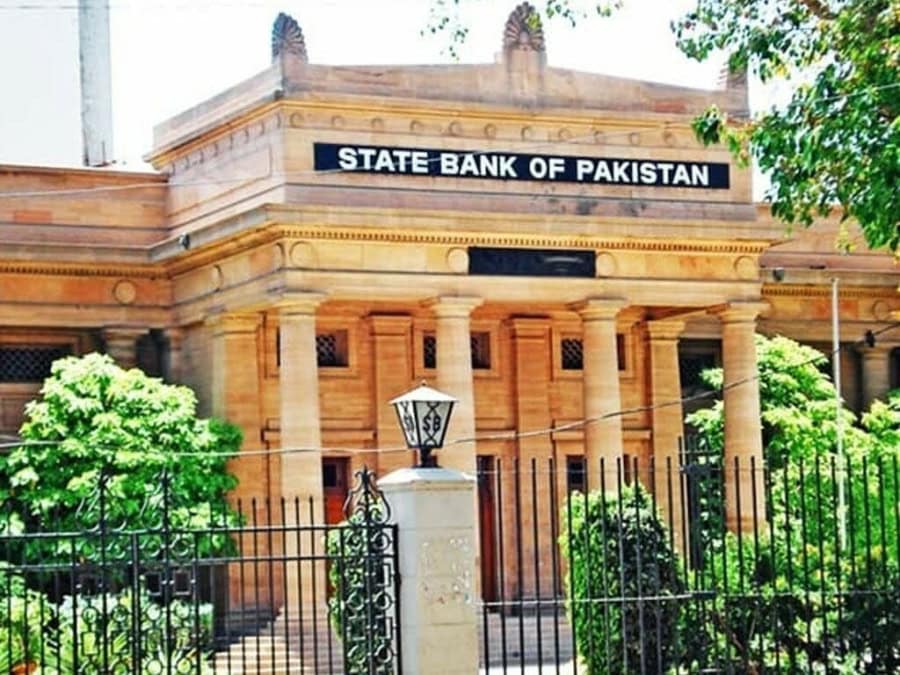KARACHI – In the latest episode of SBP Podcast, experts from the Central Bank’s Economic Policy Review Department (EPRD) highlighted growth of IT sector and its potential for the country’s economy. The podcast discusses strategies employed by developing countries to promote their IT sectors, the challenges faced and the sector’s role in driving economic development.
Experts highlighted growth in Pakistan’s IT exports over the years. From a modest $290 million in 2013, IT exports soared to $890 million in 2019 and reached an impressive $2.1 billion in 2022. The guests emphasized that the IT sector has become a crucial driver of economic growth, contributing to the development of the domestic market, foreign trade, e-government initiatives, and fintech advancements.
However, despite the significant progress, there are still many challenges. Even though IT exports have shown remarkable growth, Pakistan’s share in the global market remains relatively low at just 0.3%. There are many reasons for this, one being that our export market concentration is very high, we have selected export markets such as US, UAE, UK where our IT exports are traded. Pakistan needs to explore new markets for IT exports while making its products and services more competitive. Additionally, the podcast underlines the need to address the small size and financial limitations of local IT firms, the low domestic demand for IT services, and the lack of exploration of non-traditional export markets.
The discussion also delved into the burgeoning startup landscape in Pakistan. The podcast revealed that Pakistani startups have witnessed substantial growth in recent years, with millions of dollars raised annually. However, Pakistan lags behind other countries in terms of producing unicorns (startups valued at over $1 billion), which hampers the overall impact of startups on the economy. The funding for startups primarily comes from international investors, highlighting the need to encourage local investments and improve awareness and knowledge of startups in the local market.
Addressing the skills gap in the IT and startup sectors, the podcast explains the importance of human capital development. The shortage of skilled IT graduates and lack of necessary soft skills pose challenges to the sector’s growth. The podcast suggested short-term solutions such as the establishment of boot camps to bridge the skill gap and provide market-oriented training for fresh graduates and professionals.
The discussion accentuated the impact of fintechs on the economy of Pakistan and the challenges faced in achieving digital transformation. Fintechs, with their unique role, not only impact other startups but also promote financial and gender inclusion, making them vital drivers of digitization and overall economic growth in the country. The fintech space is rapidly evolving and growing. Initiatives such as the EMI policy and the introduction of Raast payment system have significantly contributed to the development of fintechs. Additionally, SBP has issued five digital banking licenses, bolstering the fintech ecosystem.
A critical factor for the success of IT services and businesses is quality internet connectivity. While Pakistan has witnessed significant growth in internet users, it still lags behind the global average of internet access and usage. Access to affordable and reliable internet connectivity across the country is essential for facilitating digital transformation and supporting the growth of fintech and other digital businesses. However, the availability of internet connectivity alone is not sufficient to overcome the challenges. One major obstacle is the lack of digital literacy among the population, which is a fundamental for increasing digitization. Digital literacy encompasses various skills and knowledge, including cyber-security and content creation etc.
The podcast also stressed the crucial role of government in promoting the IT sector and fostering e-governance initiatives. It highlighted the need for government contracts to spur IT firms’ growth and efficiency, as demonstrated by successful examples from other countries. The discussion elucidated the importance of integrating digitization into economic development policies, including the adoption of cloud computing, enhancing cyber security and promoting interoperability between government departments, and digitizing civil registries and taxation systems.
In short, to catalyze economic growth through digital transformation, Pakistan needs to address the challenges of low adoption, enhance internet connectivity across the country, and prioritize efforts to improve digital literacy among its population. By doing so, Pakistan can unlock the full benefits of IT and propel its economy into a digitally enabled future.










